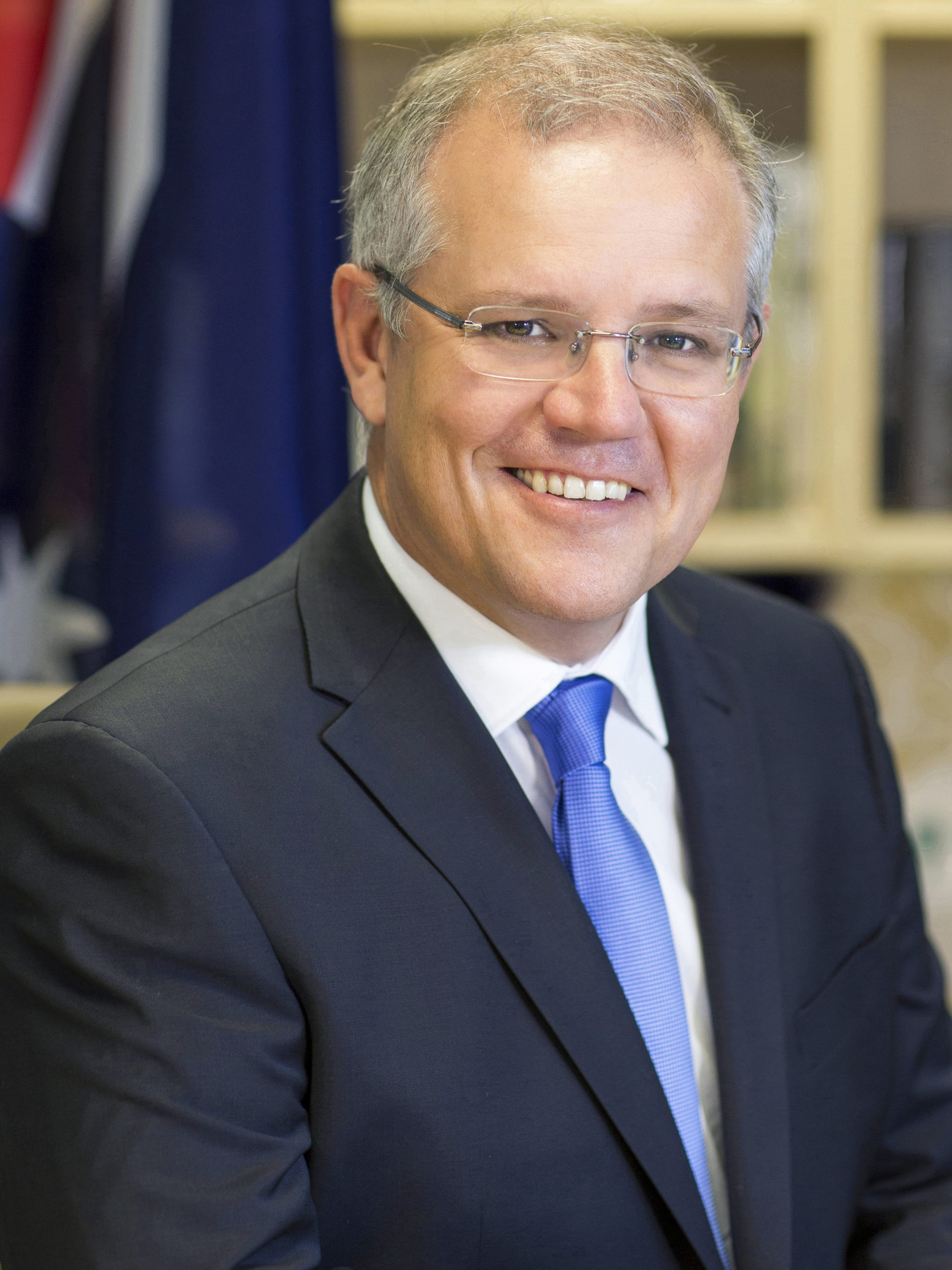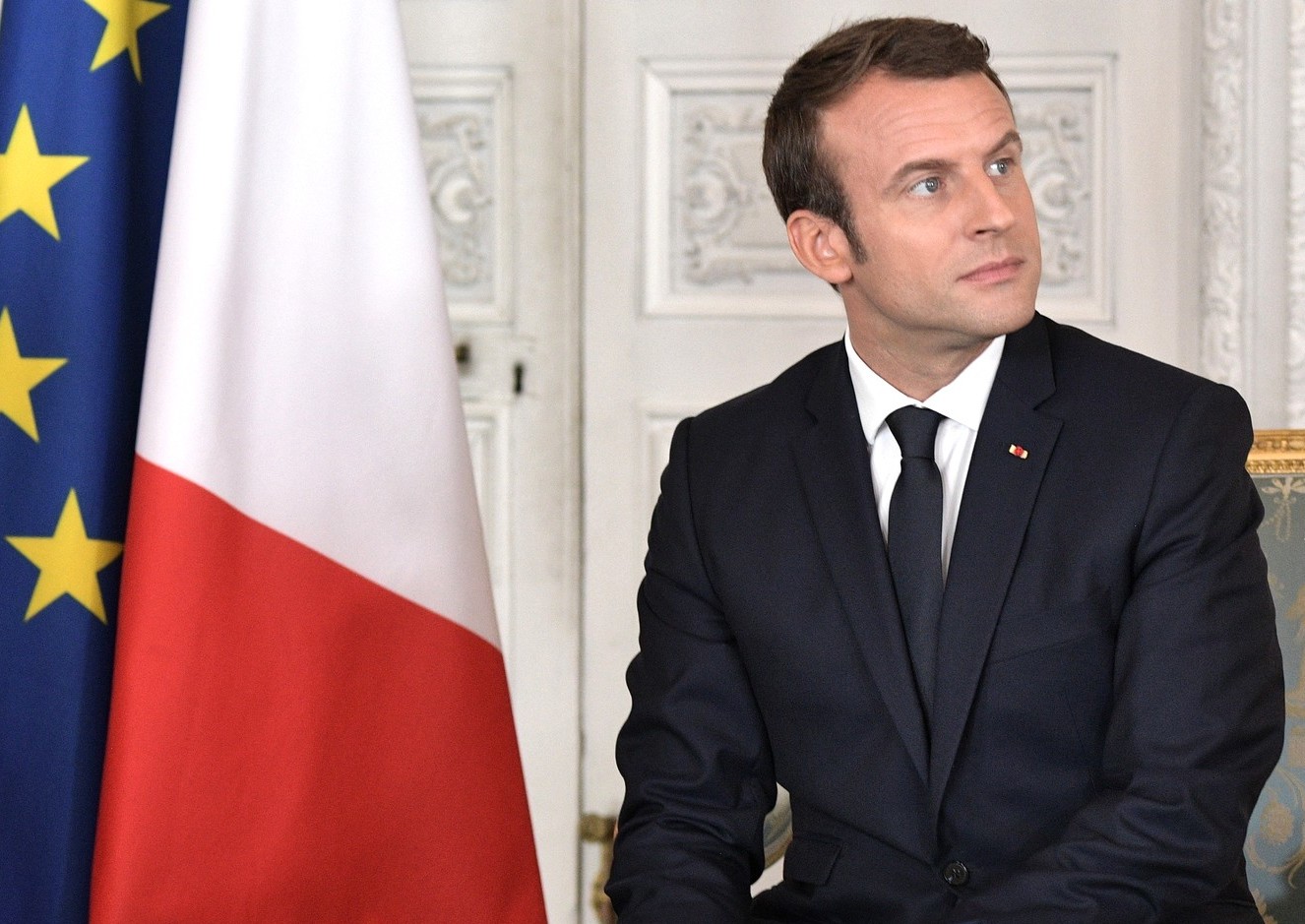The US, UK, and Australia have formed a security coalition in an effort to counter China. Such a security partnership will see these nations collaborating in securing ways that can enhance each other’s governance systems. China has become a household name in relation to security organizations, technological advancements, weapon hardware, and scientific research programs. This country tends to be a significant threat to the world order and has expanded its technology and surveillance department operations to other countries. Also, the Chinese government showed prowess in engineering and architectural designs. It poses strongholds in security that have enabled a trilateral agreement between the US, UK, and Australia.

During a videoconference, US president Joe Biden, Prime Ministers Boris Johnson, and Scott Morrison announced their partnership as a new leaf on the old alliance and were delighted by reaching such an agreement. The trilateral was termed as ‘Aukus’ and will be focusing on almost all critical issues deemed necessary by the three parties. The Guardian explained Aukus as “a new three-way strategic defense alliance between Australia, the UK, and the US, initially to build a class of nuclear-propelled submarines, but also to work together in the Indo-Pacific region, where the rise of China is seen as an increasing threat, and develop wider technologies” [Source]. A joint statement by the three leaders stated that “This is a historic opportunity for the three nations, with like-minded allies and partners, to protect shared values and promote security and prosperity in the Indo-Pacific region” [Source].
The statement further says, “AUKUS is born – a new enhanced trilateral security partnership between Australia, the United Kingdom, and the United States. AUKUS: a partnership where our technology, our scientists, our industry, our defense force are all working together to deliver a safer and more secure region that ultimately benefits all” [Source].
One of the most important plans under Aukus includes the introduction of the Australian submarine project. According to Morrison, selected persons from the countries will draft a joint plan in the following 18 months to highlight the build-up of the new Australian nuclear-powered submarine fleet.

The Australian prime minister commented on nuclear fuel handling and if his country wants to possess nuclear weapons. He said the submarine project “will include an intense examination of what we need to do to exercise our nuclear stewardship responsibilities here in Australia. But let me be clear. Australia is not seeking to acquire nuclear weapons or establish a civil nuclear capability”. As for the Australian submarine fleet program, Johnson said, “This will be one of the most complex and technically demanding projects in the world, lasting decades and requiring the most advanced technology.”
According to the Australian government, they will observe the Nuclear Non-Proliferation Treaty and do not intend to get nuclear weapons. But it was argued that such initiatives always prone one to pursue more nuclear weapons.
These developed countries are ranked at the top in science and technology, so by combining resources, it becomes easy to attain any set goals. Sharing ideas is always vital if a country wants to further its operations, especially in this modern world dominated by digital gadgets and nuclear capabilities.

However, the Australian submarine plans disappointed the French Naval Group, which was employed to construct 12 state-of-the-art attack class submarines. The group described the agreement as a “great disappointment.” A former French ambassador to Washington, Gerard Araud, did not have any kind words towards Australia’s action. He tweeted that “The world is a jungle. C’est la vie”. One can understand the French’s outcry since a deal worth $90 billion was just snatched under their nose by the British and Americans after being active since 2016 with Naval Group.
Biden acknowledged their collaboration and said, “We need to be able to address both the current strategic environment in the region and how it may evolve, because the future of each of our nations and indeed the world, depends on a free and open Indo-Pacific enduring and flourishing in the decades ahead.”
For Johnson, the union of their nation shows how they were “natural allies” despite being “separated geographically,” and this established alliance is “a new defense partnership and driving jobs and prosperity.” US government officials expressed joy regarding the alliance, with one official saying it is “a fundamental decision, that binds Australia decisively to the United States and Great Britain for generations.”
The released statement on the White House’s website posits how the “world is becoming more complex,” affecting these nations. “To meet these challenges, to help deliver the security and stability our region needs, we must now take our partnership to a new level – a partnership that seeks to engage, not to exclude; to contribute, not take; and to enable and empower, not to control or coerce.”
Aukus touches on many aspects, including naval technology, regional policies alignment, military departments integration, and defense industries of the three countries. This alliance was made amid tensions in the South China Sea and Taiwan. Some analysts believe that the alliance was necessitated by China’s advances in the South China Sea and war intentions towards Taiwan. Zhao Lijian, a Chinese foreign ministry spokesperson, alluded to this alliance and suggested that the countries were pursuing an “obsolete cold war zero-sum mentality and narrow-minded geopolitical concepts” and added that these three countries must “respect regional people’s aspiration. Otherwise they will only end up hurting their interests. He also said the pact risked “severely damaging regional peace… and intensifying the arms race”. Chinese Global Times newspaper alluded to how Australia had “turned itself into an adversary of China” by agreeing to this pact which is “extremely responsible.”
In assessing the teaming up, one can see a strong alliance that might have a better chance to confront China if any friction occurs.







































